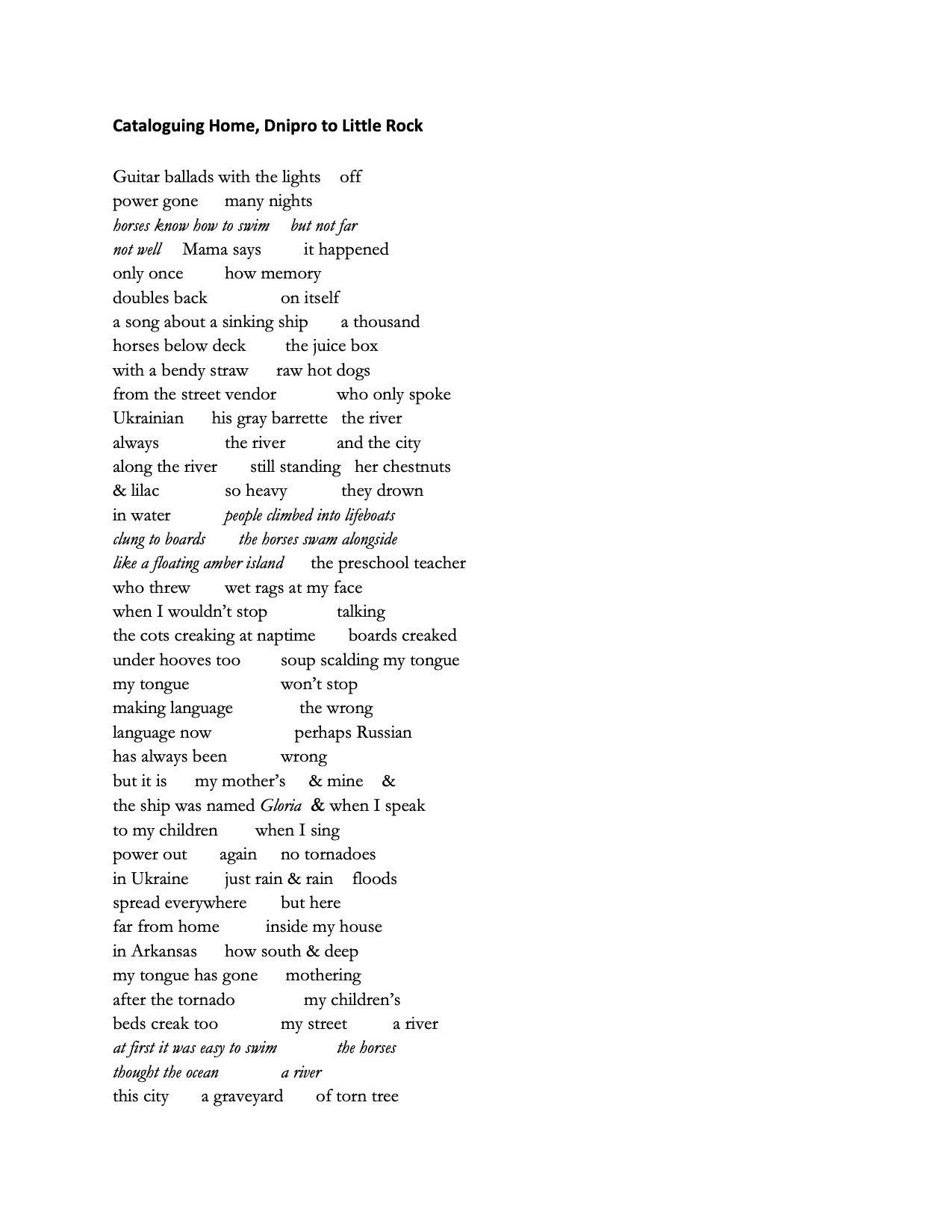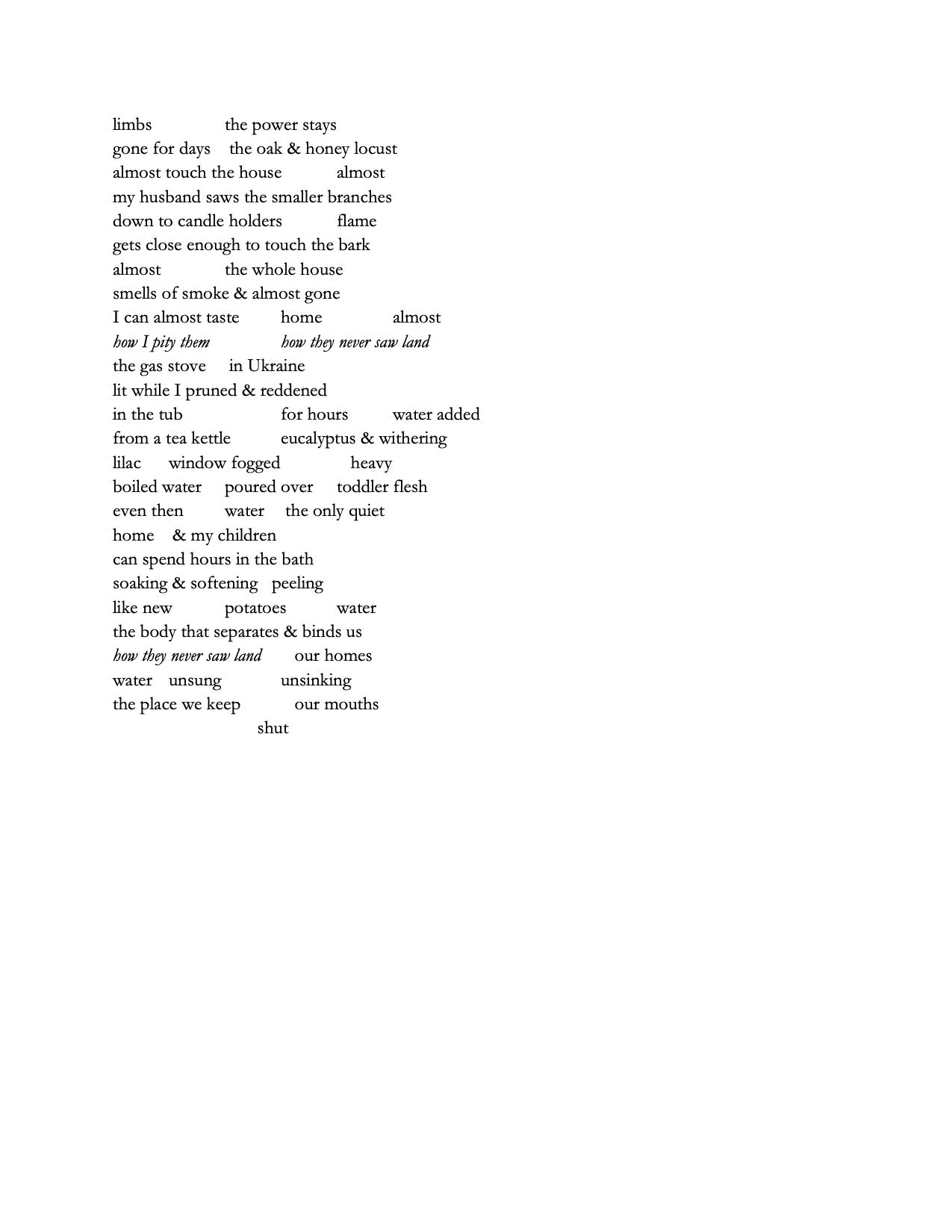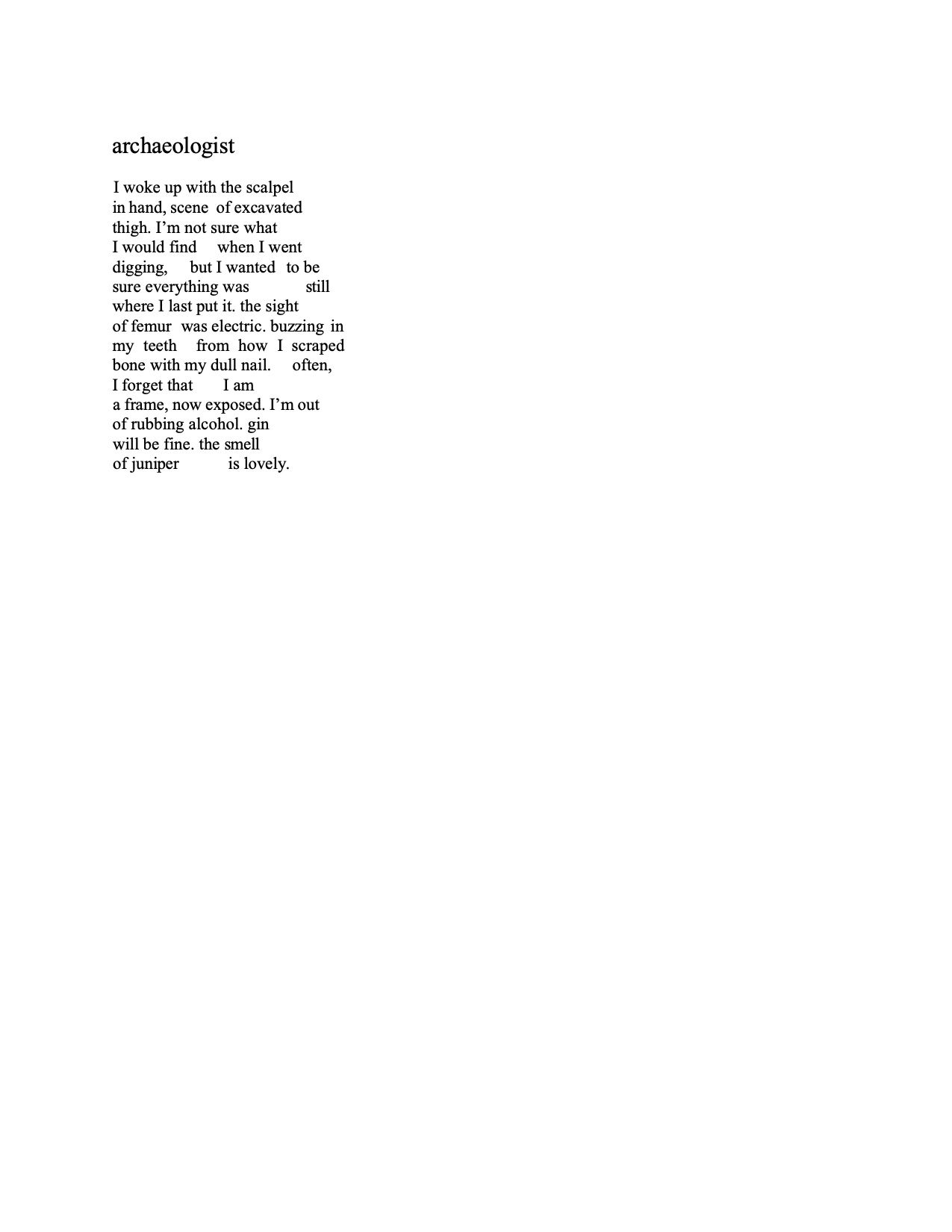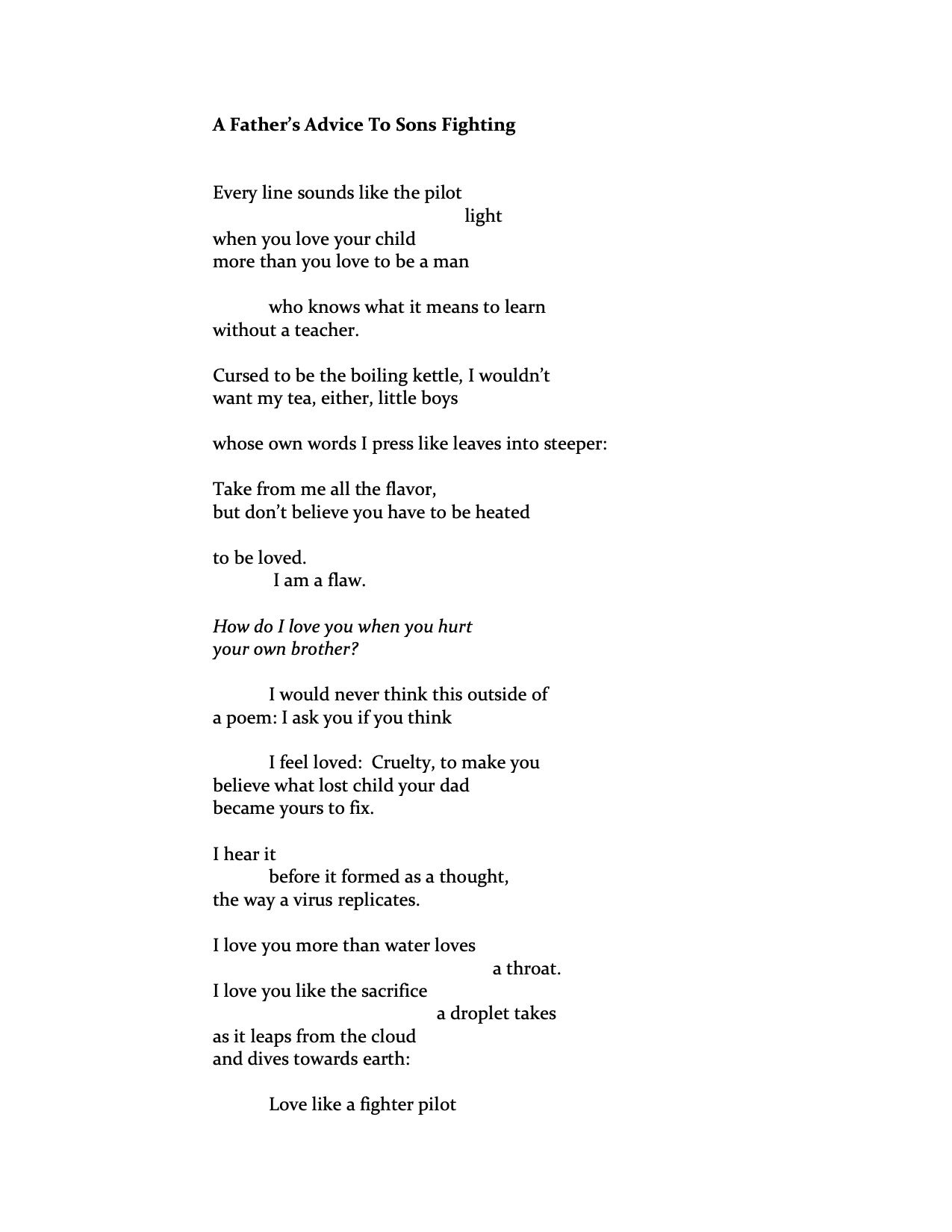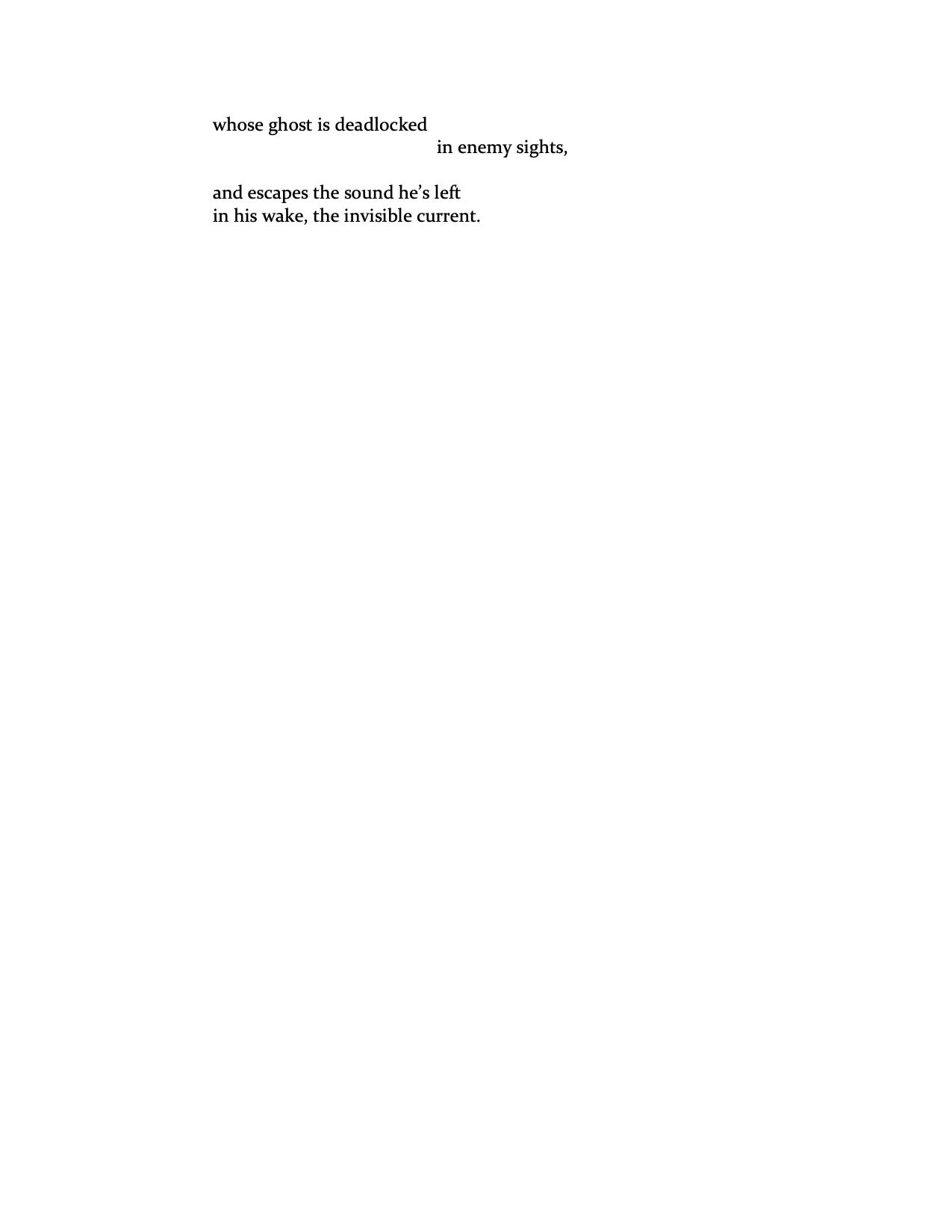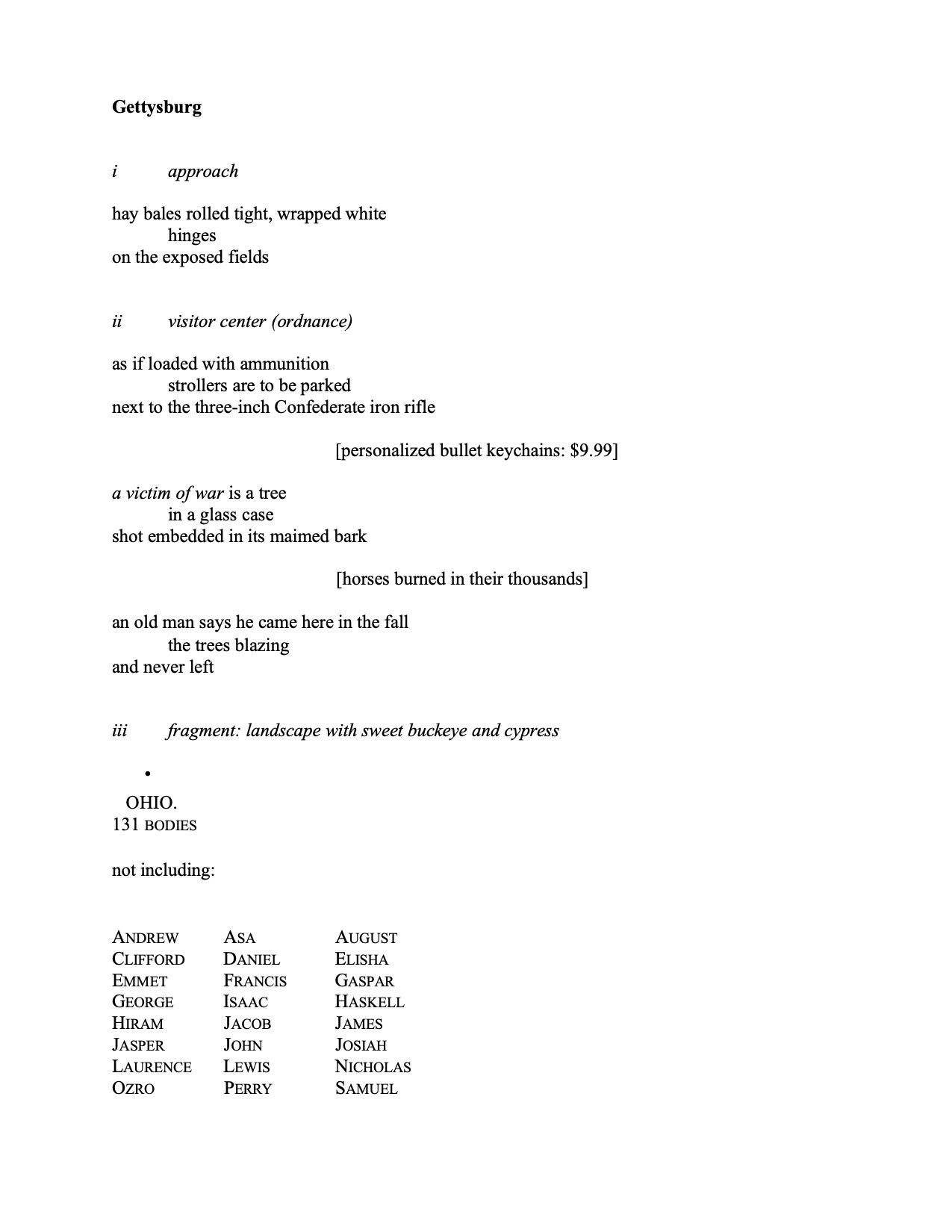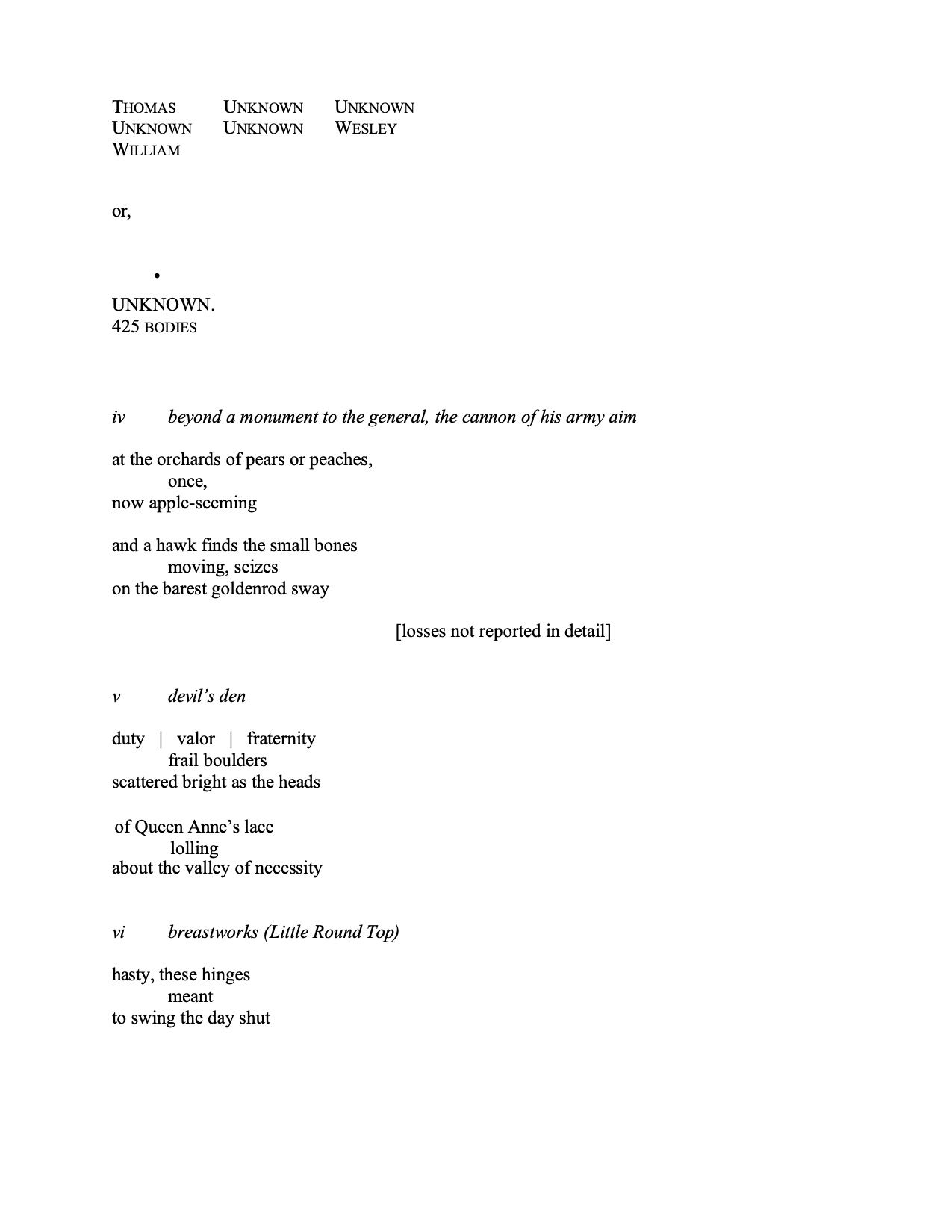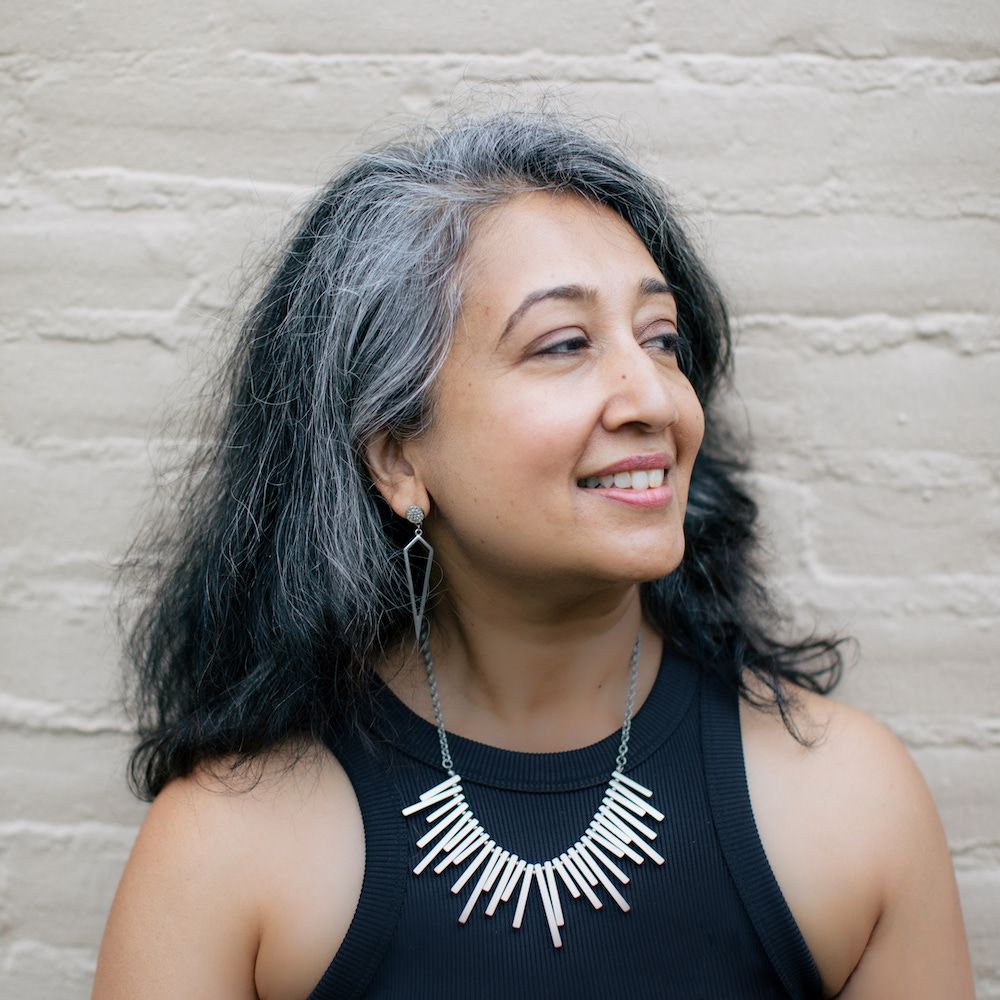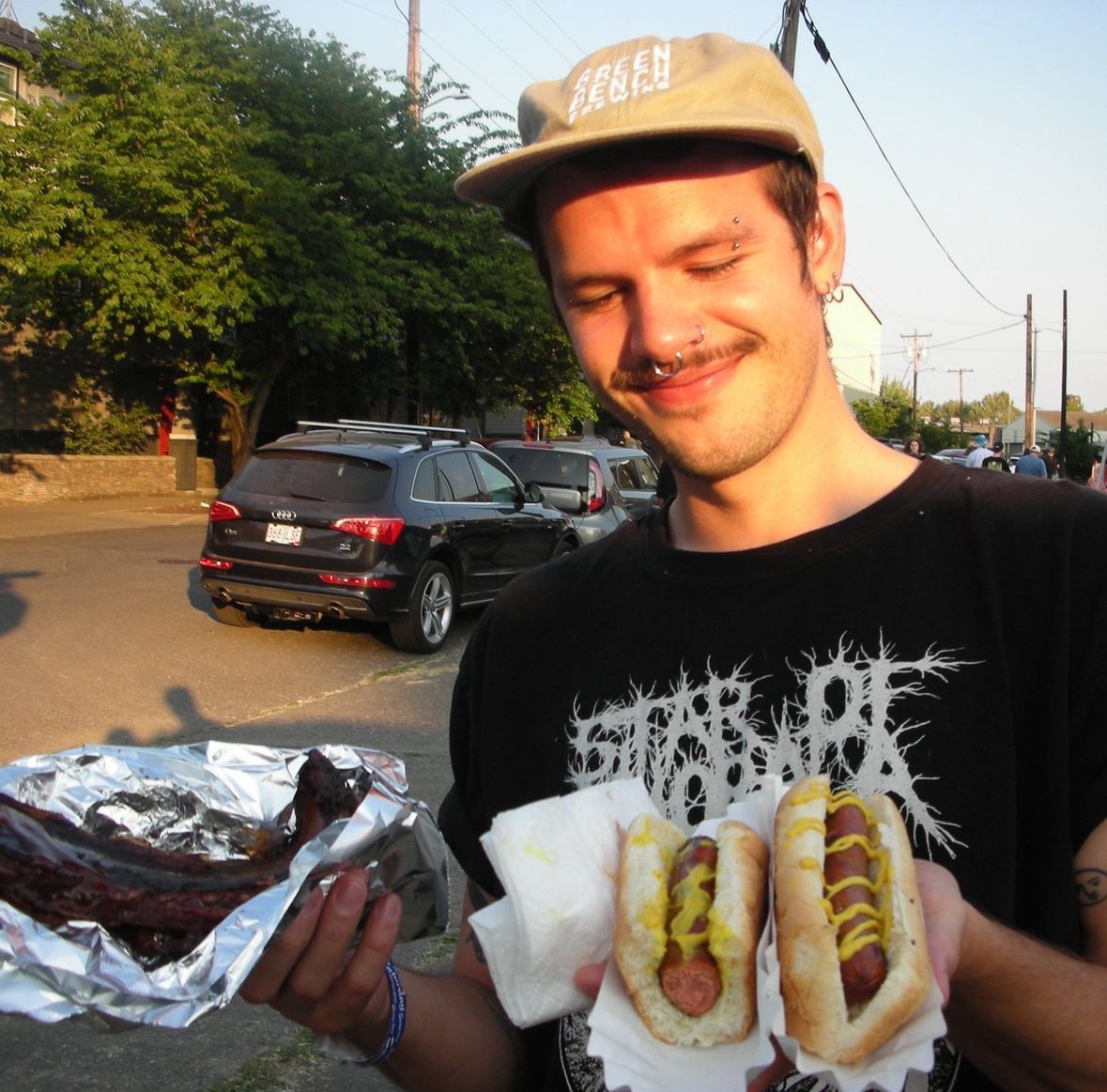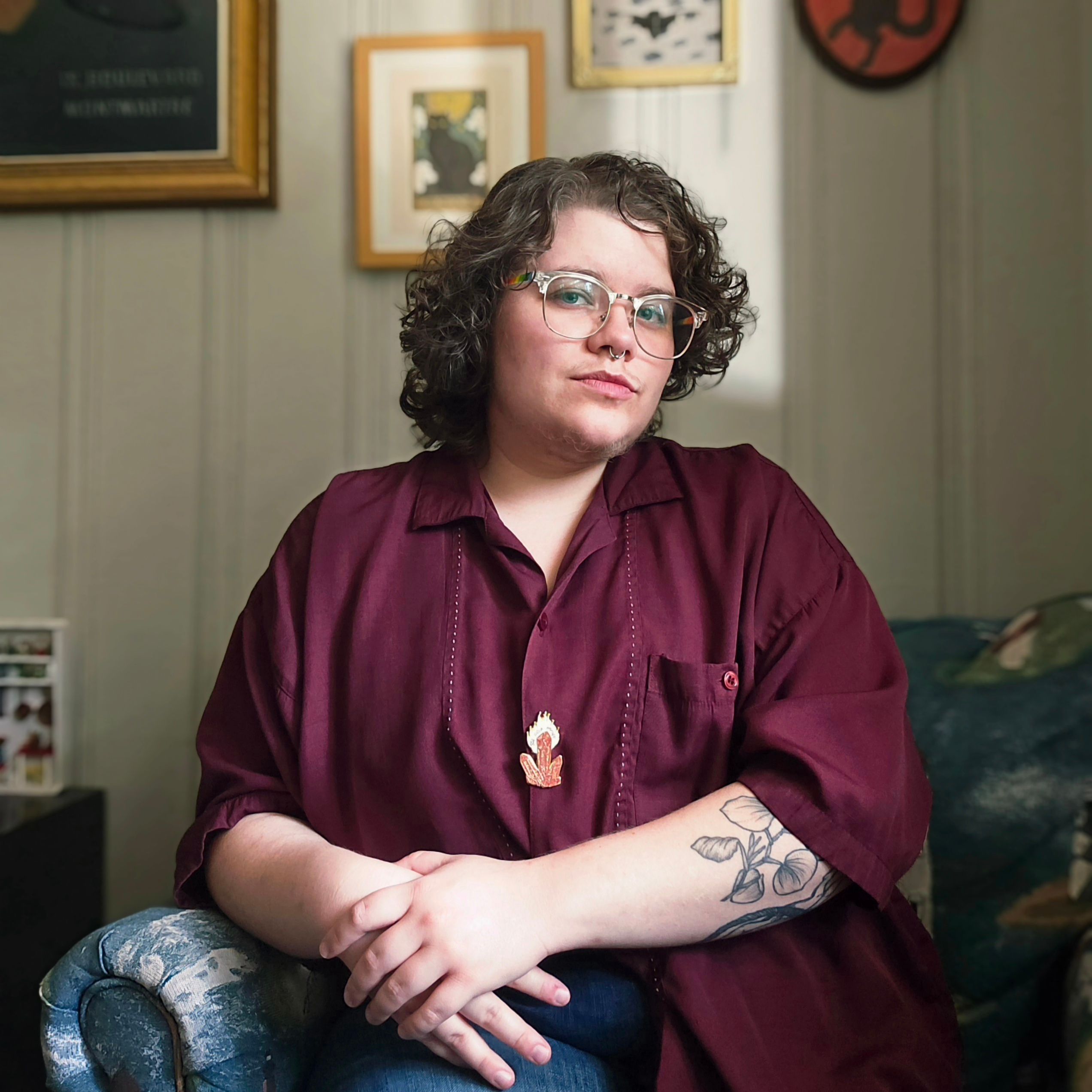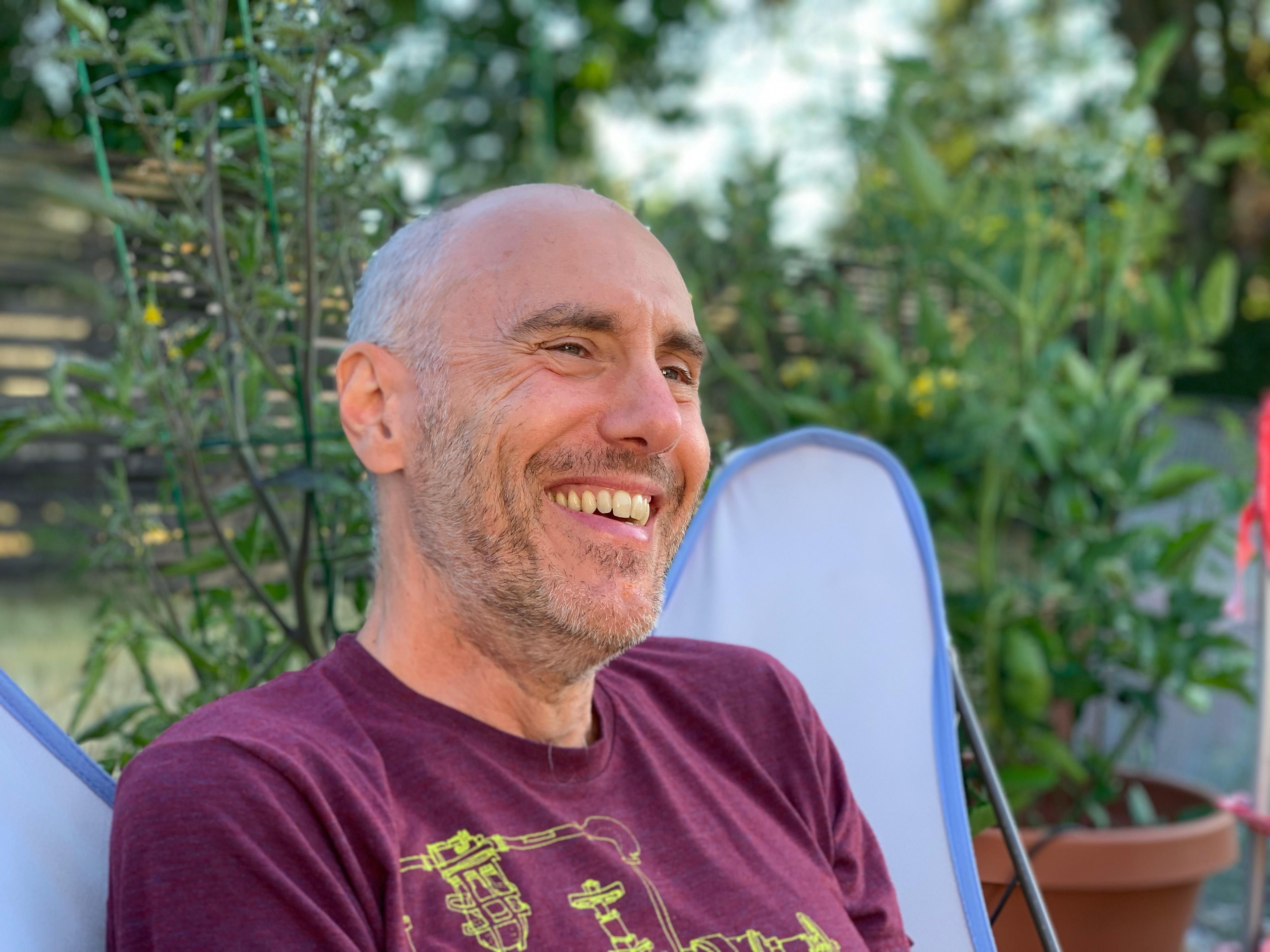my brother in the kitchen
my brother opening the fridge
my brother eight years old
my brother asking for help
my brother needing a coat
my brother holding my hand
my brother in the Ohio snow
my brother getting on the wrong bus
my brother waking up laughing
my brother going to school
my brother talking at me his thoughts
my brother waking up late
my brother asking for food
my brother growing Russian boy
my brother not knowing the right language
my brother trying to make friends in the U.S.
my brother getting on the wrong bus
my brother telling stories to strangers
my brother laughing with me at his jokes
my brother asking me for help
my brother asking me for English words
my brother walking with me in the snow
my brother getting suspended for talking
my brother home after punching a kid
my brother mispronouncing the stories
my brother laughing with me in the morning
my brother reaching for morning cereal
my brother on the apartment balcony
my brother sneaking into the country
my brother not understanding legal documents
my brother seizing on the train to Ohio
my brother before language
my brother before morning cereal
my brother before kindergarten afternoons
my brother before the school teacher gave up
my brother before he got on the wrong bus
my brother before the corrective classes
my brother before he stopped laughing
my brother before the Ohio snow
my brother before the police came
my brother before country lines
my brother before I left him
